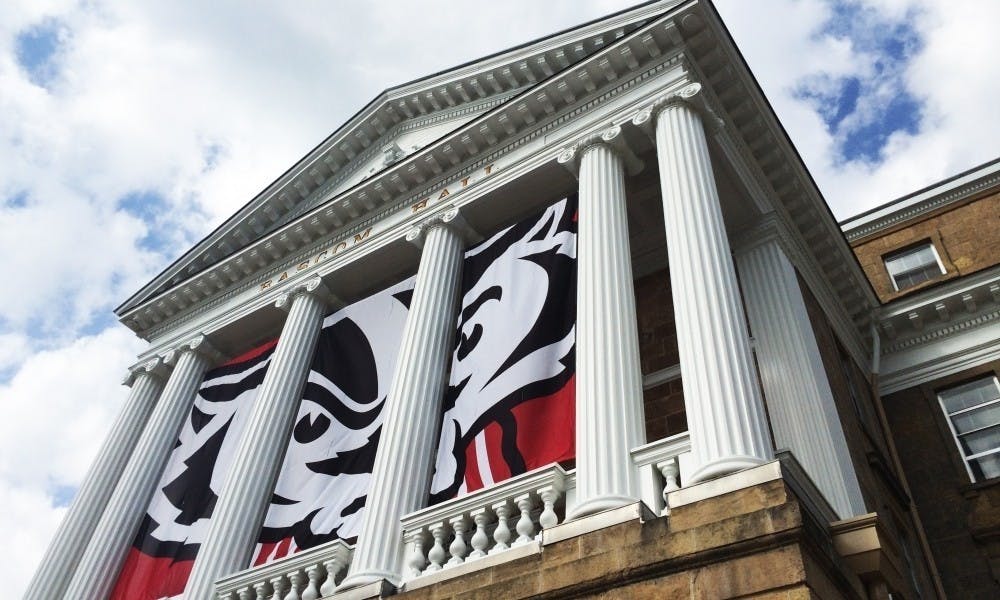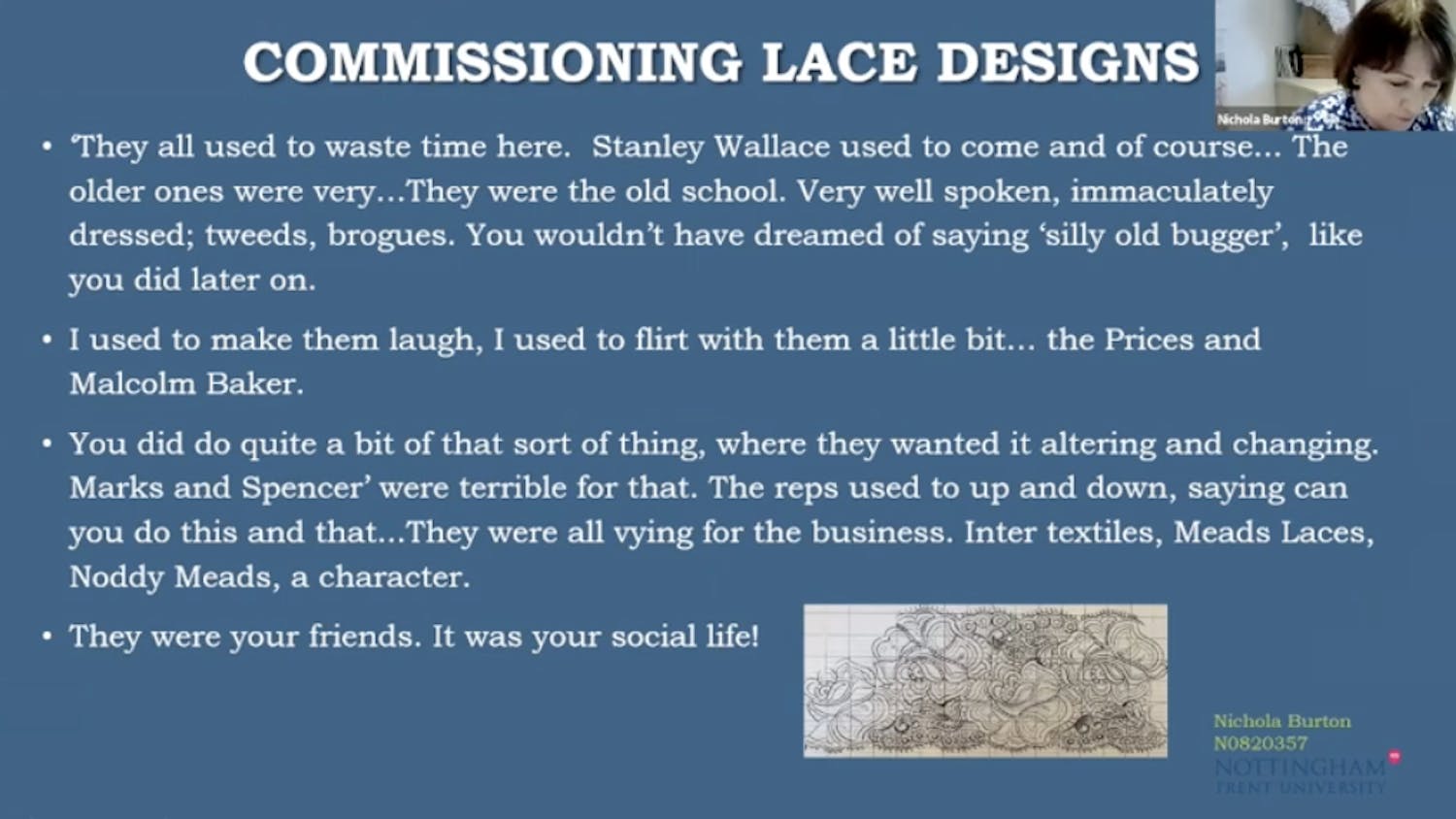On Oct. 27, UW-Madison leaders emailed surveys to both undergraduate and graduate students asking for their thoughts and experiences concerning the university’s approach to the pandemic and any challenges they encountered, according to a Nov. 18 report by student life writer Doug Erickson.
The emails containing surveys for graduate and undergraduate students were signed by Provost and Vice Chancellor for Academic Affairs Karl Scholz, Vice Chancellor for Student Affairs Lori Reesor and Interim Deputy Vice Chancellor for Diversity & Inclusion and Chief Diversity Officer Cheryl Gittens.
“This feedback will be immensely valuable in helping us maintain our commitment to student safety, health and success,” said Scholz. “It is crucial that we continue to listen to our students as we plan for the months ahead.”
A total of 5,328 undergraduate students — 17 percent of enrolled undergraduate students — completed the survey and nearly 75 percent of students who completed the survey expressed a desire for some synchronous, in-person learning during the Spring semester.
“We know that forming meaningful relationships with instructors and peers is crucial for student learning — and everything we’re hearing from students reinforces that,” said John Zumbrunnen, the UW-Madison vice provost for Teaching and Learning and leader of the undergraduate survey effort. “While we can’t recreate the full on-campus experience, we can and will keep working to build engaging and interactive learning experiences for our students.”
Over half of the undergraduate survey participants (55 percent) noted their courses have been going relatively well during the current academic semester. However, there is dissonance concerning which mode of remote learning is best suited for students’ needs. 50 percent of respondents prefer asynchronous learning, while 47 percent prefer synchronous classes.
“We’re of course happy that many of our students are having good academic experiences this fall, but there’s more work to do,” said Zumbrunnen.
This survey, as well as other student feedback throughout the semester such as student focus groups held earlier this Fall, have motivated the creation of a grant program aimed at better supporting faculty and their respective departments as they develop more innovative ways to build both interaction and engagement during the Spring semester.
2,735 graduate students had responded to the survey by Nov. 11, articulating challenges such as minimal access to field experience, fewer in-person interactions with students and the finite opportunities to collect face-to-face data for research.
Approximately eight percent of graduate student respondents also claim to be dealing with financial insecurities and struggles due to the COVID-19 pandemic.
ASM Chair Matthew Mitnick said “the surveys are a step in the right direction, but we also must recognize non-response bias in not presenting the authentic viewpoints of all students.”
Mitnick also stressed that, if survey data and responses are “utilized in shared governance committees and the administration can point to direct changes they make in regard to survey response with numerical data to back it up,” the surveys “may prove to be beneficial” in conveying some student voice in the university-wide conversation.
Both the undergraduate and graduate student surveys were created with the intention of helping the university to better understand where plans have worked well, but also to recognize where improvements can be made that will affect the remainder of the Fall semester and leading into the Spring.
In addition to plans regarding instruction and learning, the university is working to ensure all students and employees have the ability to get tested regularly and will be expanding testing efforts next semester by partnering with Shield T3, a subsidiary of the University of Illinois system, to better address the ongoing COVID-19 pandemic on and across campus.
This week, UW-Madison sent out a survey to employees asking for confidential responses relating to the COVID-19 testing plan for the Spring semester.
According to a Nov. 17 news release, “responses to this survey will help UW-Madison’s public health team decide where to establish campus COVID-19 testing sites in the spring, as well as the days and hours of operation.”
Questions about employees accessing on-campus buildings during the Fall semester, frequency of campus visits for work-related purposes and days and times in which they do so are included in the survey to get a grasp on potential ways of orchestrating an effective testing program and plan on-campus for the next academic semester.
Last month, the Department of Human Resources at UW-Madison also put together a survey for employees. This survey gauged ways in which employees feel the university can better help them. It also asked for general input regarding the university’s response to the pandemic, according to an Oct. 15 report.
Although the survey results have yet to be released, responses to a UW-Madison August workplace survey stressed employees’ hopes that the university will actively enforce and communicate health protocols, as well as allow for workplace flexibility given the current circumstances. Employees also stressed the need for clear communication from university leaders regarding COVID-19.
UW-Madison has ultimately decided to continue with the hybrid learning model and to expand the COVID-19 testing program according to an Oct. 21 report. At this point in time, the extent in which these survey responses have influenced or changed tentative plans for the upcoming semester remains unclear.
More details about the updated testing program and arrangements for next semester will be made available to the public once all plans are finalized on the UW-Madison COVID-19 response website.
Sophia Vento is the former editor-in-chief of The Daily Cardinal. She previously served as the college news editor. She has covered breaking campus, city, state and sports news, and written in-depth stories about health, culture and education. Any newsroom would be lucky to have Sophia on staff. Follow her on Twitter at @sophiasvento.






